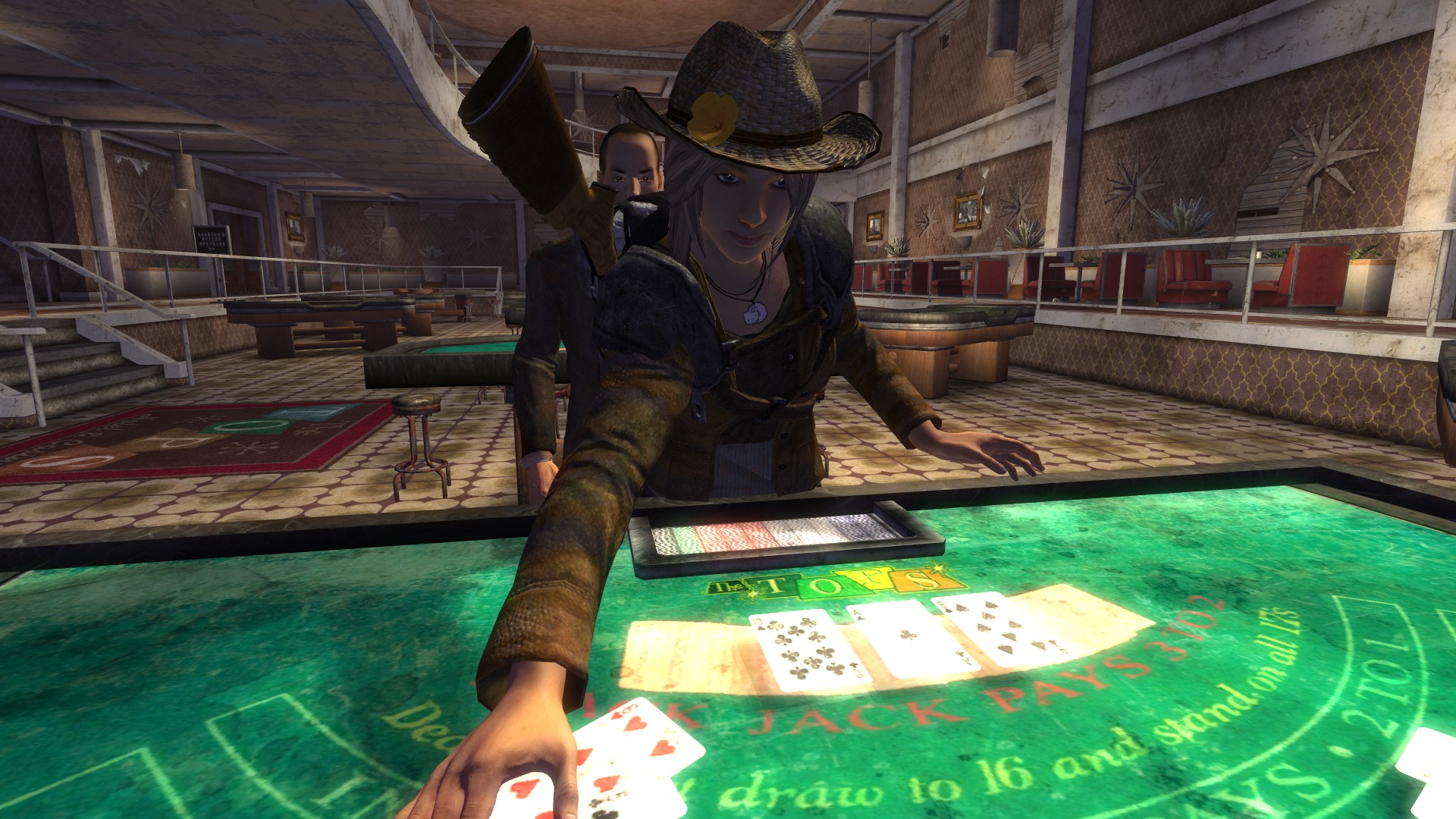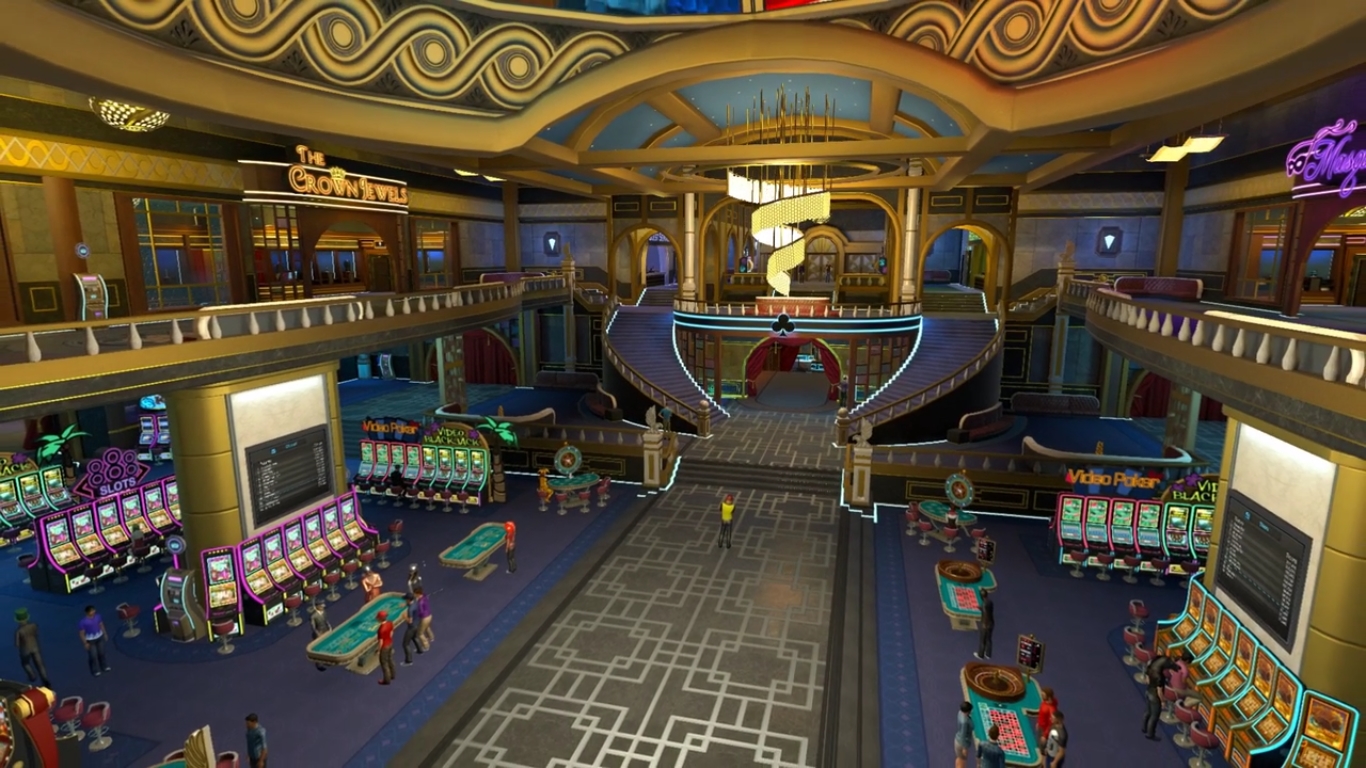The lines between video gaming and gambling have never been more blurred. From FIFA's Ultimate Team packs to Counter-Strike's weapon skins, modern AAA titles increasingly incorporate casino-like mechanics that have fundamentally changed how we play and pay for games. This evolution has sparked intense debate within gaming communities, particularly on Reddit, where players are increasingly discussing not just loot boxes and gacha mechanics, but also how these experiences compare to actual crypto gambling platforms.
The Rise of Casino Mechanics in AAA Gaming
Today's biggest gaming franchises have systematically integrated gambling-adjacent features that would have been unthinkable a decade ago. Call of Duty's battle pass system, Genshin Impact's wish system, and EA Sports FC's (formerly FIFA) card packs all employ psychological triggers identical to those found in traditional casinos.
Current Gaming Mechanics That Mirror Casino Design:
• Loot Boxes: Random reward systems in Overwatch, Apex Legends, and Rocket League
• Gacha Systems: Character/weapon pulling in Genshin Impact, Honkai Star Rail, and mobile RPGs
• Skin Trading: CS2 and Dota 2's marketplace creating real-money economies
• Battle Passes: Time-limited FOMO mechanics in Fortnite, Valorant, and Warzone
• Card Packs: Sports games' Ultimate Team modes with pack opening animations
These mechanics generate billions in revenue. Activision Blizzard reported $8.8 billion in microtransaction revenue in 2023 alone, with much coming from chance-based purchases.
The Gaming-to-Gambling Pipeline
What's particularly fascinating is how these in-game mechanics have created a generation of gamers comfortable with chance-based entertainment. Reddit's gaming communities have extensively documented this transition, with many players openly discussing how loot box mechanics prepared them for other forms of digital entertainment, including crypto casinos.

A recent thread in r/gaming highlighted how players who spent hundreds on CS2 skins found themselves gravitating toward provably fair crypto games that offer similar excitement but with actual cash-out potential. One user noted: "After spending $500 on cases and getting nothing valuable, I realized actual crypto slots at least let me withdraw winnings."
Reddit's Gaming Communities Drive the Conversation
Gaming subreddits have become ground zero for discussions about gambling mechanics in games. Communities like r/gaming (37M members), r/pcgaming (3.5M members), and game-specific subreddits regularly feature heated debates about:
Predatory Monetization: How games like Diablo Immortal use casino psychology to extract maximum revenue from players.
Regulatory Responses: Discussions about Belgium and Netherlands banning loot boxes, and whether other countries will follow.
Alternative Models: Praise for games like Baldur's Gate 3 and Elden Ring that avoid gambling mechanics entirely.
The Streaming Influence: How Twitch streamers opening cases or pulling gacha characters normalize gambling behavior in gaming audiences.
The Technology Convergence
The technical infrastructure supporting modern gaming and crypto gambling has largely merged. Both industries now utilize:
Blockchain Integration
Games like Axie Infinity and Gods Unchained use blockchain technology for true item ownership, while crypto casinos use the same technology for transparent, provably fair gaming. This technological overlap has made the transition between gaming and gambling platforms seamless for many players.
Smart Contract Implementation
Both blockchain games and crypto gambling platforms rely on smart contracts. Games like Decentraland use them for land ownership, while gambling platforms use them for instant, trustless payouts.
Digital Wallet Infrastructure
The same MetaMask wallet used for blockchain gaming can instantly connect to crypto entertainment platforms, removing traditional barriers between gaming and gambling.
The Psychology of RNG in Gaming
Game developers have mastered the same psychological principles casinos have used for decades:
Variable Ratio Reinforcement: The most addictive reward schedule, used in everything from World of Warcraft's loot drops to Valorant's skin shop rotation.
Near-Miss Effects: Showing players they "almost" got the legendary item, encouraging continued spending.
Loss Aversion: Battle passes and limited-time events that make players feel they're losing out if they don't participate.
Sunk Cost Fallacy: Investment in game accounts making players reluctant to quit despite poor odds.
Dr. James Peterson, who studies gaming psychology at MIT, explains: "Modern games employ the exact same dopamine manipulation techniques as slot machines, just wrapped in different aesthetics."
The Regulatory Response to Gaming's Gambling Problem
Governments worldwide are struggling to address gambling mechanics in games:
Europe: Belgium, Netherlands, and Austria have banned or restricted loot boxes.
Asia: China requires publishers to disclose loot box odds, while Japan has strict gacha regulations.
United States: Proposed legislation like the "Protecting Children from Abusive Games Act" aims to restrict manipulative game design.
United Kingdom: The UK Gambling Commission continues investigating whether loot boxes constitute gambling.
These regulations have pushed some gamers toward unregulated alternatives, including offshore crypto platforms that offer similar excitement without the pretense of being "just a game."
The Creator Economy and Gambling Content
Gaming content creators have significantly influenced this convergence:
Case Opening Videos: CS2 case opening videos regularly get millions of views, normalizing gambling behavior for young audiences.
Gacha Pull Streams: Genshin Impact "whale" streams where creators spend thousands for specific characters.
Sponsored Content: Many gaming influencers now promote both gaming and gambling content, blurring the lines further.
Pack Opening Series: FIFA/EA Sports FC pack openings remain among the most watched gaming content on YouTube.
The Future of Gaming and Gambling Integration
Several trends suggest the gaming-gambling convergence will accelerate:
Web3 Gaming
Projects like Illuvium and Star Atlas promise "play-to-earn" models that explicitly combine gaming with financial speculation.
Virtual Reality Casinos
VR platforms like VRChat already host user-created casino experiences, while dedicated VR casinos offer immersive gambling that feels like gaming.
Esports Betting Integration
Games are increasingly building betting markets directly into their ecosystems, with games like FIFA allowing players to bet on real matches using in-game currency.
NFT Integration
Gaming NFTs create speculative markets within games themselves, turning every item drop into a potential investment.
The Community Response
Reddit's gaming communities remain divided on this evolution:
The Pragmatists argue that gambling mechanics fund free-to-play games that millions enjoy without spending money.
The Purists long for the days of complete games without predatory monetization.
The Realists accept that gambling mechanics are here to stay and focus on harm reduction and consumer protection.
The Entrepreneurs see opportunity in the convergence, creating content and services around both gaming and gambling.
What This Means for Gamers
For the average gamer, this convergence presents both opportunities and risks:
Opportunities:
• Better understanding of probability and risk management
• Potential to monetize gaming skills through various platforms
• More diverse entertainment options
• Technological innovation benefiting both industries
Risks:
• Normalized gambling behavior from a young age
• Difficulty distinguishing between gaming and gambling
• Potential for developing problematic behaviors
• Financial losses disguised as "gaming expenses"
Conclusion
The integration of casino mechanics into mainstream video games represents a fundamental shift in the gaming industry. What started as simple randomized loot in RPGs has evolved into sophisticated psychological systems designed to maximize player spending through chance-based mechanics.
Reddit's gaming communities serve as the canary in the coal mine, documenting and debating these changes in real-time. Their discussions reveal a player base that's increasingly aware of these manipulative mechanics, yet often powerless to resist them.
As the boundaries between gaming and gambling continue to dissolve, players must navigate this new landscape carefully. Whether through loot boxes in their favorite games or exploring alternative entertainment options, understanding these mechanics and their psychological impact is crucial for making informed decisions about how we play and pay in the modern gaming ecosystem.
The future of gaming will likely see even deeper integration of gambling mechanics, making community discussions and player education more important than ever. As one Reddit user aptly put it: "We're not just buying games anymore; we're buying into ecosystems designed to extract maximum value from our engagement."
For better or worse, the casino has come to gaming, and it's here to stay.


